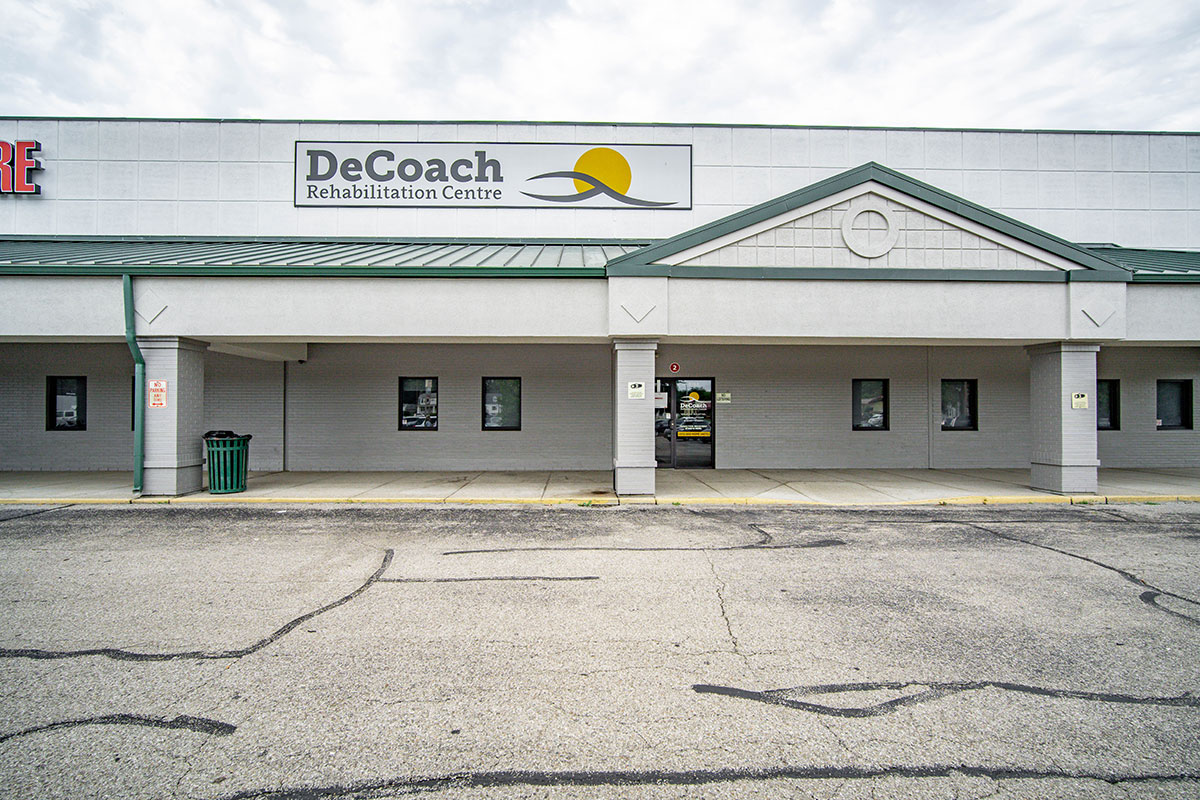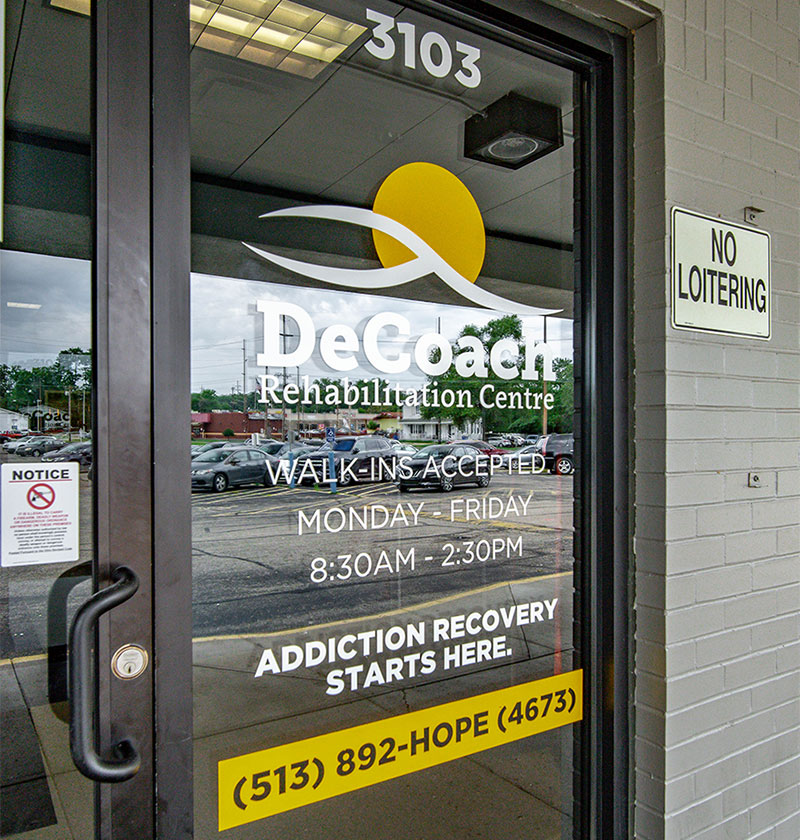What is Outpatient Rehab? (OP)
Most people who are in treatment for drug and alcohol abuse disorder start in a residential treatment program. They reside in a facility while undergoing the initial stages of substance abuse disorder treatment, such as detoxification and psychological therapies.
Outpatient rehab, also called outpatient treatment program (OP), is the bridge between inpatient treatment and leaving treatment for good.
Once inpatient treatment is complete and patients no longer require round-the-clock supervision, addiction, and mental health professionals often recommend follow-up care with outpatient rehab. Outpatient treatment programs utilize medication-assisted treatment (MAT) and group and individual counseling to ensure a successful recovery.
Outpatient rehab in Ohio allows patients to continue recovery by attending treatment once or twice a week for a few hours daily. The treatments can last from a few to several months. These treatments help patients avoid relapse, teach coping strategies, and improve social functions. With continued OP care, patients have the ongoing support of treatment providers and peer support.

All the while, patients are allowed the freedom and flexibility to live at home or in a sober living environment, attend school and work, and tend to family obligations while transitioning smoothly back into a life of sobriety.
Benefits of Outpatient Rehab
Like any successful treatment program, a quality OP should offer a range of treatments with features and benefits to help patients maintain sobriety.
Administered under the watchful eye of a trained professional, medication-assisted treatment (MAT) and medication management are effective ways to treat certain substance abuse disorders during the OP period. Medications help prevent relapse for those who abuse opioids and alcohol. Some medicines stop cravings, while others make a person feel ill if they relapse
Residential rehab gets to the root of how one’s addiction may have started while teaching techniques to stay sober. Conversely, OP allows a person to take the lessons learned from previous treatments and use them in everyday life.
Giving clients some leeway to choose what treatments they feel will benefit them most helps boost confidence and decrease the risk of relapse. Subsequently, patients are better equipped to handle the challenges of early recovery.
Some of the additional lessons and benefits patients take from outpatient rehab in Ohio include:
Ultimately, the goal of anyone going through outpatient rehab in Ohio is to achieve sobriety and stay sober for life. The knowledge gained from OP builds the confidence and skills needed to overcome the obstacles of recovery long term.
Is Outpatient Rehab Right For You?
As with any treatment program, outpatient rehab is not suitable for everyone. To help ensure a successful outcome, OP requires a great deal of willpower and a willingness to stick to the program on the part of the patient.
Patients with a solid support system that keeps them accountable during their OP are good candidates. Additionally, outpatient rehab is appropriate for people looking to step down from a more restrictive program yet still need support before they are ready to live independently.
Due to the level of freedom provided and commitment required, OP may not be an ideal approach for individuals with a severe drug or alcohol abuse disorder or co-occurring disorder requiring a lot of supervision.
There are other circumstances where OP is not a good treatment option. For example, if a patient requires intensive detoxification or does not have a stable home environment. If a patient lives with someone who abuses drugs or alcohol, an inpatient aftercare program may be a better plan.
In the case of drug or alcohol abuse disorder, a patient who has already completed an addiction treatment once and relapsed may also be better suited to an inpatient program to get back on track.
Lastly, OP is not for individuals struggling with severe mental health issues who may risk hurting themselves or others or engaging in risky behavior. It’s best to consult an experienced addiction or mental health professional to recommend the best treatment options for individuals in this condition.
How Families Can Help
When a loved one is in recovery within the walls of a residential treatment facility, it can be difficult for family members to give them the frequent personal support that they may want to offer. However, once a patient is released and in an outpatient program, family members can help their loved one go through outpatient rehab in Ohio in numerous ways.
- Some of the best ways a loved one can help a family member in OP include:
- Removing all drugs and alcohol from the house.
- Check-in to ensure they are attending all OT sessions.
- Encourage them to find work, stay employed, or continue their education.
- Discuss triggers and signs of relapse.
- Attend family therapy sessions as requested by the patient.
- Attend personal support groups or private therapy.
- Keep the lines of communication open.
Lastly, remember that recovery is a lifelong commitment. People will stumble and make mistakes. A solid family and friends support system while going through OP will help those in treatment stay on a concrete path to full recovery.

Start Outpatient Rehab in Ohio
You’ve come a long way. Are you eager to continue your lifelong commitment to recovery from addiction?
DeCoach Recovery Centre in Ohio is here to help you stay strong and reinforce the progress you’ve made getting through detox and completing residential treatment.
Our professional staff strives to provide a holistic approach to treatment while acknowledging each individual’s unique biological, sociological, and psychological factors. Each client is met at their current stage of recovery and supplied with the tools and education to reach and maintain sobriety for life.
Contact us today. Our trained and compassionate team is eager to start your outpatient rehab program in Ohio as you continue down the road to health and happiness for life.

